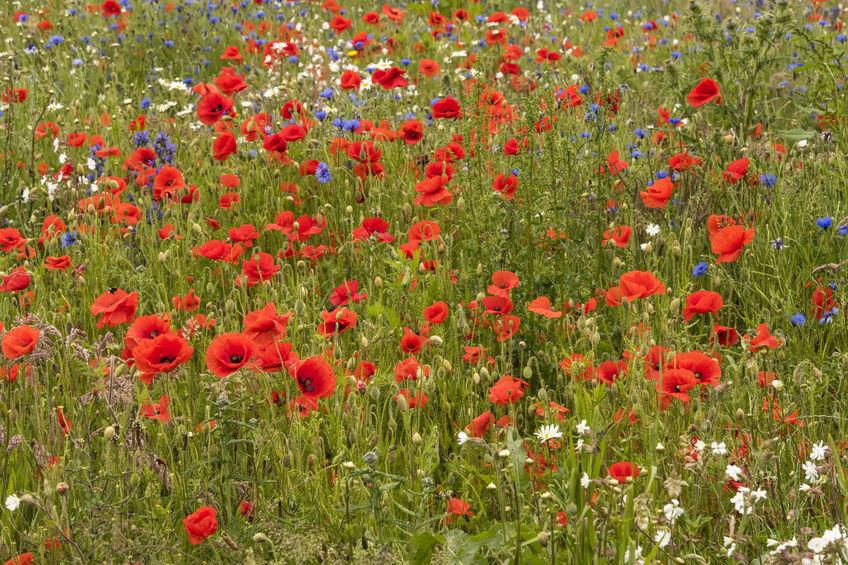
Farmers are being encouraged to sign up for Sustainable Farming Incentive (SFI) to help mitigate against losses from Basic Payment Scheme reductions.
Next year all those who currently receive funding under the Basic Payment Scheme (BPS) in England will be eligible to apply for the post-Brexit scheme.
According to government, it will allow farmers to take a fresh look at the land they farm, the natural assets that they have and decide what will work best for their own individual holding.
It will recognise the value of some of the natural assets that were dubbed ‘ineligible features’ by the EU's Common Agricultural Policy (CAP).
Under the new scheme actions will be grouped into packages set out as standards to make it as easy for farmers to identify those actions that are best suited to their land and their business.
Land management firm Roger Parry & Partners has encouraged farmers to apply for the new scheme as early as possible so they can help mitigate against diminishing BPS payments.
Richard Corbett, partner at the firm said: “We have been involved in the SFI pilot and it has given us a good idea of what is to follow in further rollouts of the SFI.
"We have also just received the first brief details of the 2022 early rollout Sustainable Farming Incentive scheme which will be available for everyone next year.
"Our advice to farmers in England would be to get involved as early as you possibly can so you can start mitigating against the inevitable reductions to the BPS payments.”
The selection of standards, whilst limited, will be relevant to most land. Most of the activities will be familiar where other types of payments are being made under existing schemes.
More standards will be added as the scheme progresses towards the final version in 2024.
Standards include the Arable and Horticultural Soils Standard and Improved Grassland Soils Standard. This aims to reward farmers for management practices that improve soil health by improving soil structure, soil organic matter, and soil biology.
There will be three levels of ambition to choose from which decide on the actions required and the payment received. Whilst the payment rate is yet to be confirmed, the estimated rate is between £26 and £70 per hectare.
The second standard is the Moorland and Rough Grazing Standard, which involves assessing the variety of habitats and features on moorland ground.
Payment will be made to identify pressures on these resources plus the risk of wildfires with maybe no actual actions required. Unlike other standards there will only be one level of ambition.
There is currently no information on the payment rate, but Defra will announce further details by November.
The third and final option is the Annual Health and Welfare Review. This is not a ‘standard’ as such but is the first glimpse of the Animal Health and Welfare Pathway part of ELMs.
This is essentially a fund for yearly visits from a vet, providing diagnostic testing and advice on improving livestock health and welfare.
This will be available for all commercial cattle, pig and sheep. Depending on the type of livestock, payments will range from £269-£775 per annum.
The SFI is one of three new schemes, alongside the future Local Nature Recovery and Landscape Recovery schemes, both of which the government will begin piloting next year.
